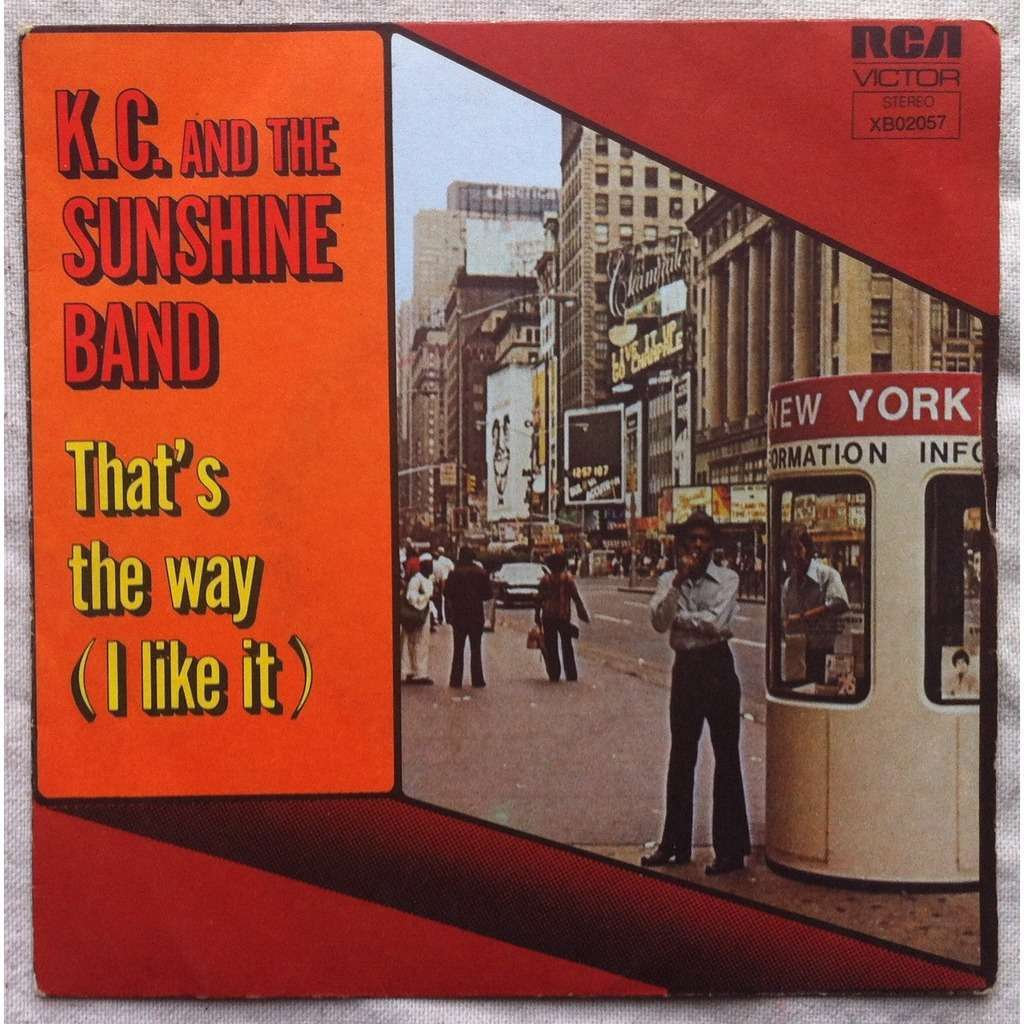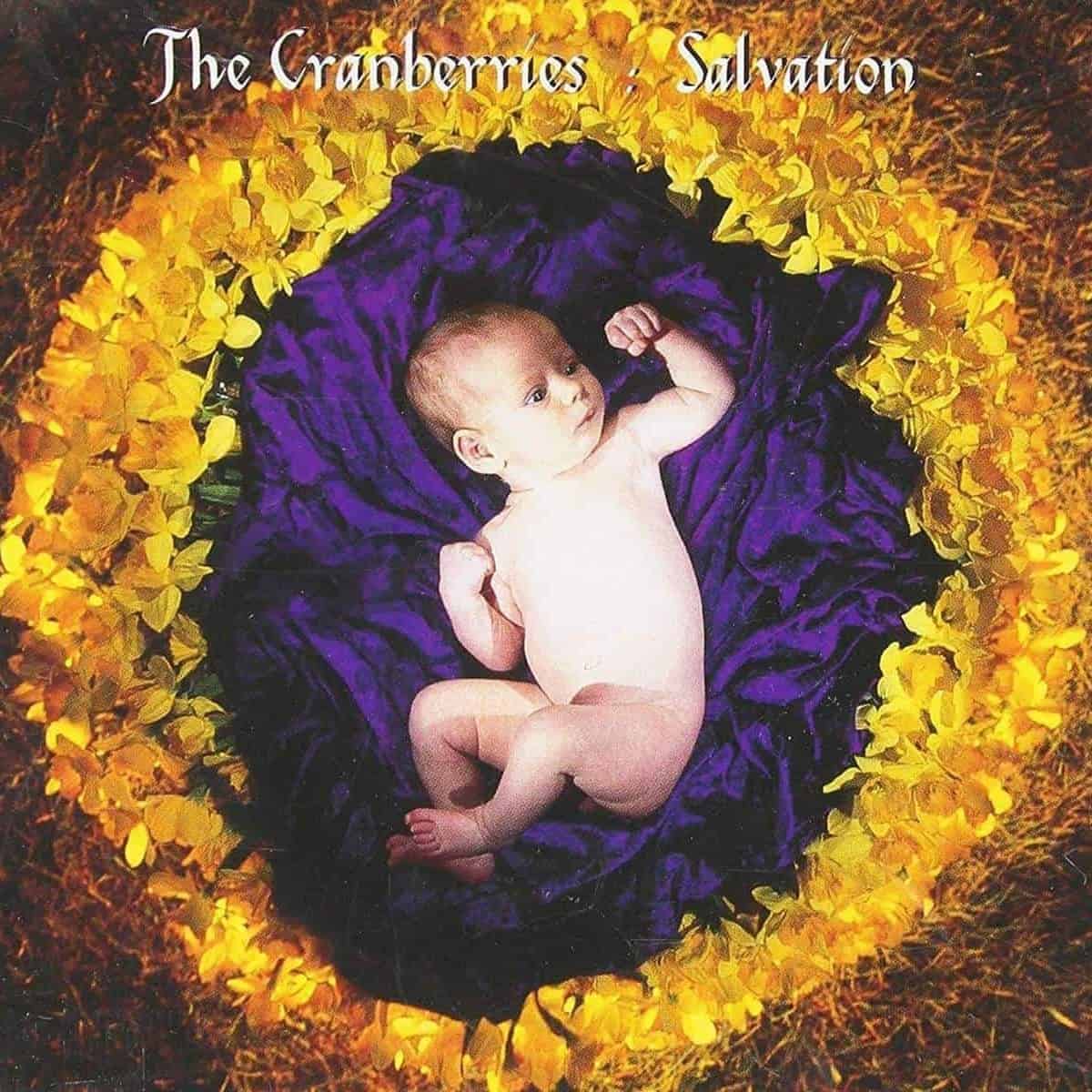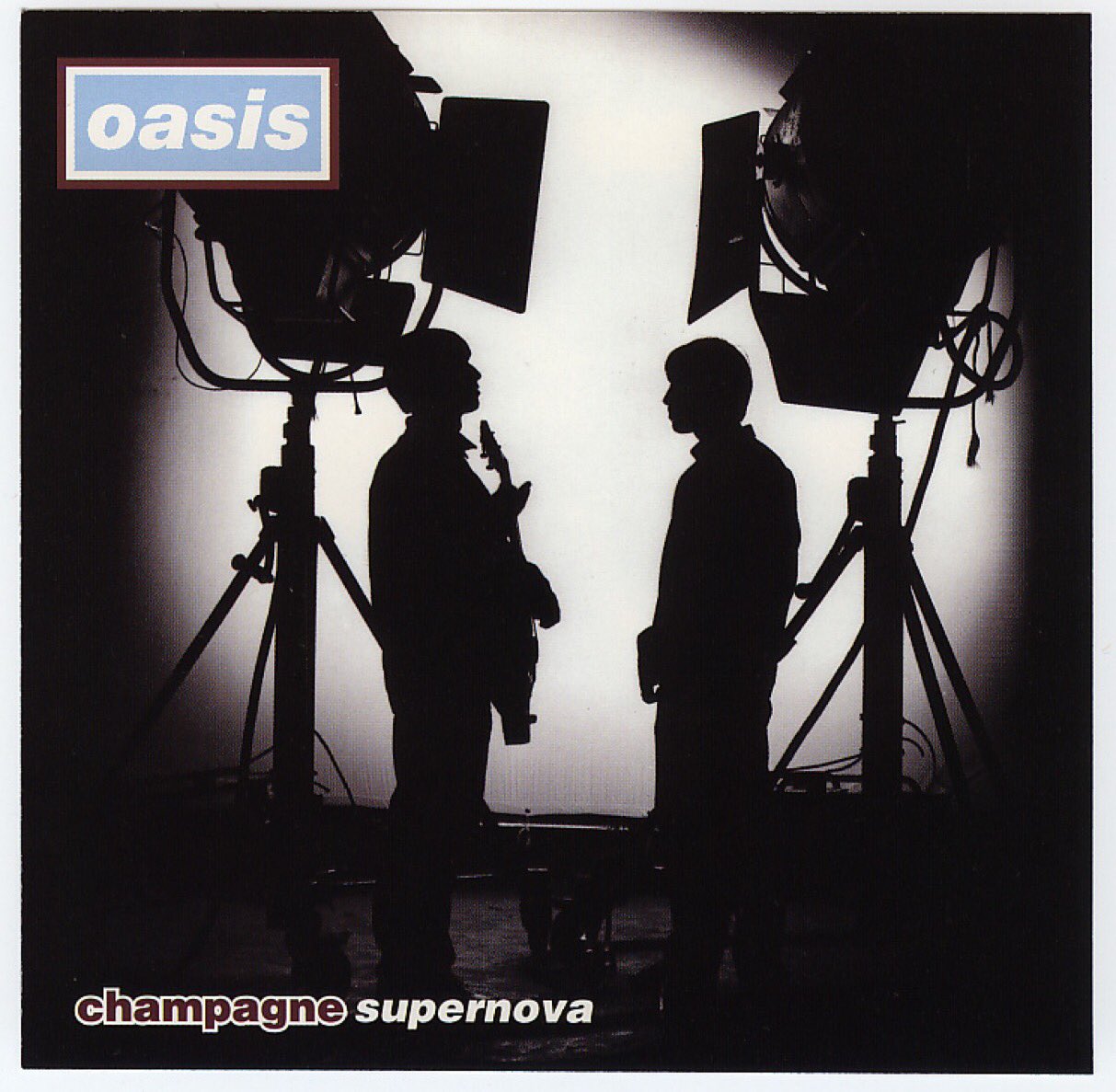In The Number Ones, I'm reviewing every single #1 single in the history of the Billboard Hot 100, starting with the chart's beginning, in 1958, and working my way up into the present.
KC & The Sunshine Band - "That's The Way (I Like It)"
HIT #1: November 22, 1975
STAYED AT #1: 2 weeks
At the end of 1975, shortly after KC & The Sunshine Band's "That's The Way (I Like It)" had climbed to #1 on the Hot 100 for a second time, Time magazine published an article that warned America of a new scourge: "sex rock." The magazine wanted us to know that the airwaves -- "15% of airtime on AM radio," according to Time -- were being dominated by music that was explicitly about the joy of sex. Conservative leaders were aghast about this, and civil rights figures like Jesse Jackson were also concerned enough to threaten boycotts, worrying that lascivious music was encouraging teenage pregnancy. None of the protests worked. Sex rock was here to stay, though the "sex rock" genre name, sadly, never stuck.
According to Time, the worst offender was Donna Summer's "Love To Love You Baby," a song that would eventually peak at #2. ("Love To Love You Baby" is a 10.) The magazine claimed that "Love To Love You Baby" included 22 orgasms, and I love the image of a Time reporter sitting down with a Donna Summer record and a pad full of hashmarks, trying to decide which moans counted as orgasms. But Time named other offenders, too, and "That's The Way (I Like It)" was one of them.
When they were recording "That's The Way (I Like It)," KC & The Sunshine Band were actually trying to sound less sexual. "That's The Way" was pretty obviously a sex song. (The "sex" part of that Time article was more correct than the "rock" part.) But after the Sunshine Band took an initial run at "That's The Way," bandleader Harry Wayne Casey decided that all of his utterances of "uh-huh" -- and there are about a million of them in the song -- sounded too much like guttural groans. So they tried it again, turning those syllables into simple affirmations. It worked well enough to play on radio -- well enough, apparently, that nobody was attempting to count the orgasms.
Casey and his bassist and co-writer Richard Finch figured out something that the rest of the world hadn't quite come to understand yet: Subtlety was for suckers. All through the early '70s, soft and lush and symphonic pop had dominated the charts. This stuff was as simple as any other pop music -- and considerably more simple than a lot of the stuff from the late-'60s psychedelic era -- but it had given off the general feeling of easy-listening sophistication. If anything, "That's The Way (I Like It)" was the antithesis of all of that. It was just one big, dumb, glorious battering-ram hook, repeated into oblivion.
When they were recording "That's The Way (I Like It)," KC & The Sunshine Band were high on the success of their previous #1 hit "Get Down Tonight," a bone-simple jam that sounds like a multi-movement prog-rock opus compared to "That's The Way (I Like It)." Even after Casey and Finch had written and produced George McCrae's 1974 hit "Rock Your Baby," the Sunshine Band were still a longshot success story, a Miami band on an indie label who were playing the kind of underground dance music that was still only just beginning its ascent to pop-radio dominance. Finch says that you can hear the smiles on the singers' faces in the recording. Maybe you can.
In any case, "That's The Way" is really just one lone hook, spiraling off into infinity. There are verses, but you only barely notice them, and they really just serve as connective tissue, as short breathers before the hook comes around again, and again, and again. The song has no intro, no buildup. It just explodes right in the moment the needle touches the record -- those background-vocal howls and insistent itchy drums and hard-strutting bass notes all booming out at once. For its three minutes, it's as unrelenting and single-minded as any Ramones song. The whole band works together like a machine, hammering away at that monster beat together.
It sounds at least a tiny bit like soul music, the music that birthed disco. (Casey and Finch are both white, but they were the only white people in the nine-piece band.) But soul music, at its deepest level, was about striving for transcendence. "That's The Way" is about already being there. It's a full-on serotonin jolt -- no dynamics, no variance, no rise-and-fall. It might be about sex -- Casey rhymes "when we're all, all alone" with "when you turn, turn me on" during one of those barely-there verses -- but it never evokes the feeling of sex. It's all climax, no buildup.
In the years after the disco explosion died down, "That's The Way" would, in a way, become the most enduring of the Sunshine Band's many hits. "That's The Way" found its true calling years after disco, when it became an ad jingle -- which is probably what it should've been the whole time. Over the decades, it was in commercials for Cadbury, for Crest, for Burger King. I'm pretty sure I first encountered "That's The Way" in a Hair Cuttery radio ad. (It was just the song's chorus with the words "Hair Cuttery" awkwardly jammed in: "That's the way, uh-huh, uh-huh, I like it, Hair Cuttery." Shout out to whichever Don Draper came up with that one; it still gets stuck in my head about 27 years later.) The ad people realized that a song that sticky and that repetitive could work to force a message inside your head, to keep it there.
And maybe that's what the song's real power was. After all, 44 years after "That's The Way" blew up, people are still having sex. Time magazine was right to worry.
GRADE: 8/10
BONUS BEATS: Flamboyant British synthpoppers Dead Or Alive had a #22 hit in the UK with their halfway-to-industrial club-pop 1984 cover of "That's The Way (I Like It)." Here's their video for the cover:
(Dead Or Alive's highest-charting single, 1984's "You Spin Me Round (Like A Record)" peaked at #11 on the Hot 100. I have a policy of only giving ratings to songs that made it into the top 10, which prevents me from giving "You Spin Me Round" the 10 that it deserves.)
BONUS BONUS BEATS: Here's Miami bass pioneer and First Amendment hero Luke, along with the rest of 2 Live Crew, rapping over a sped-up "(That's The Way) I Like It" sample on the extremely inappropriate 1990 track "Face Down, Ass Up":
(That performance footage comes from an episode of Donohue that I saw when I was 10, one that will remain etched upon my memory until after I am dead.)
BONUS BONUS BONUS BEATS: Here's John Leguizamo confronting Al Pacino in Brian De Palma's 1993 movie Carlito's Way, while "That's The Way (I Like It)" plays on the soundtrack:
(The highest-charting single from Benny Blanco, the producer who got his name from Leguizamo's Carlito's Way discography, is the 2018 Khalid/Halsey collab "Eastside," which peaked at #9. It's a 7.)
BONUS BONUS BONUS BONUS BEATS: The Spin Doctors and Biz Markie collaborated on a cover of "That's The Way (I Like It)" for the soundtrack of the 1996 movie Space Jam. Here's their version:
(The Spin Doctors' highest-charting single, 1993's "Two Princes," peaked at #7. It's a 7. Meanwhile, Biz Markie's highest-charting single is 1989's "Just A Friend," which peaked at #9. It's a 10.)
BONUS BONUS BONUS BONUS BONUS BEATS: Here's the video for 50 Cent's 2011 Tony Yayo collab "I Just Wanna," which samples "That's The Way (I Like It)":
(50 Cent will appear in this column eventually. Tony Yayo will not.)






